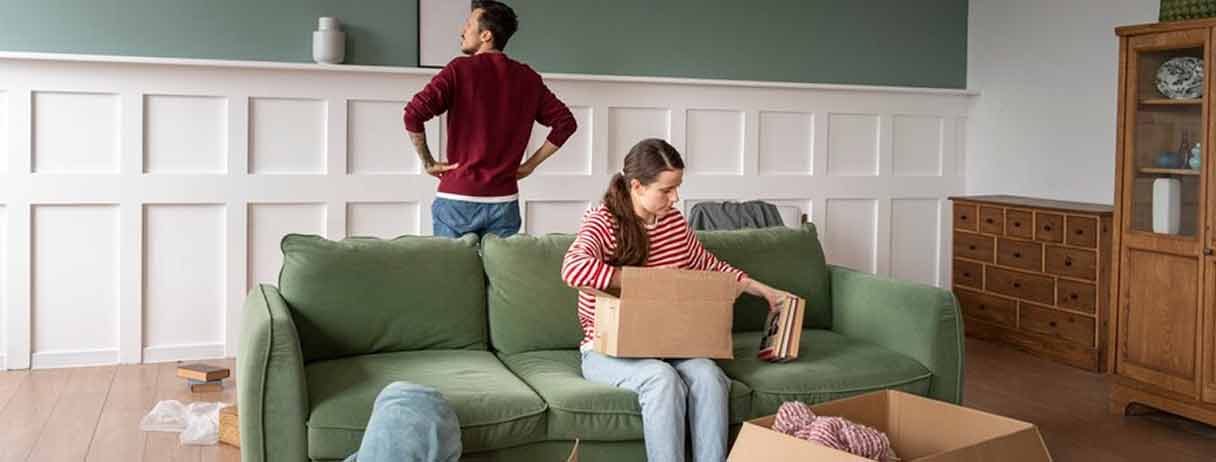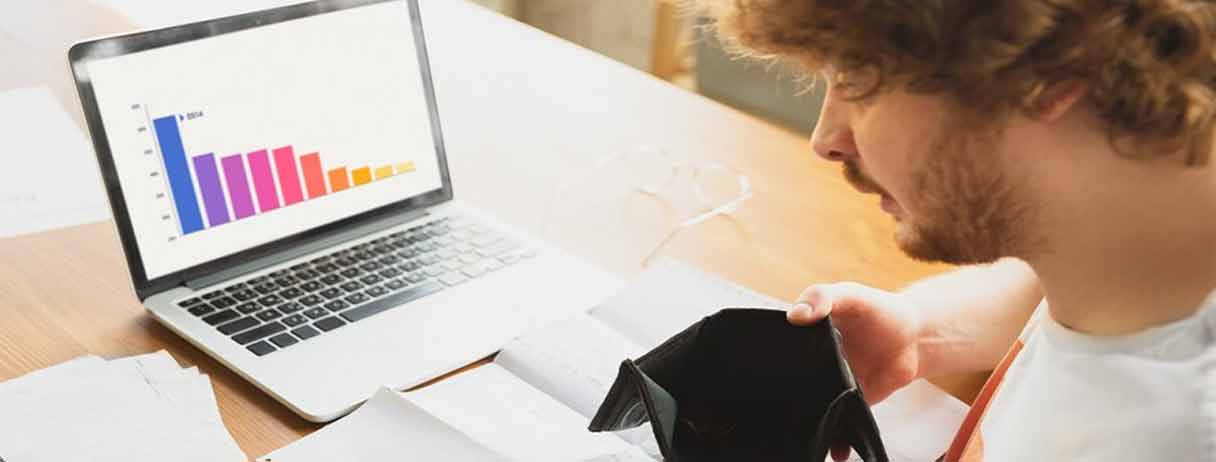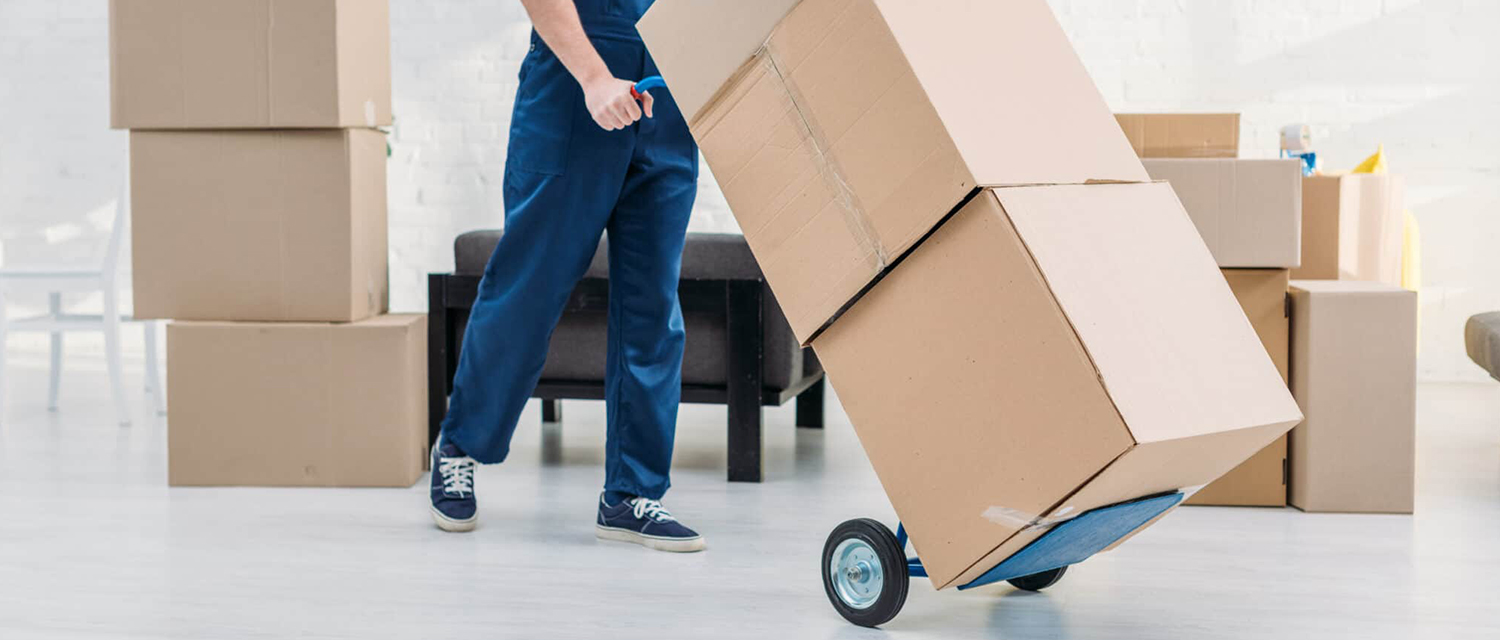Get free quotes within minutes
Cost of Living In Brisbane
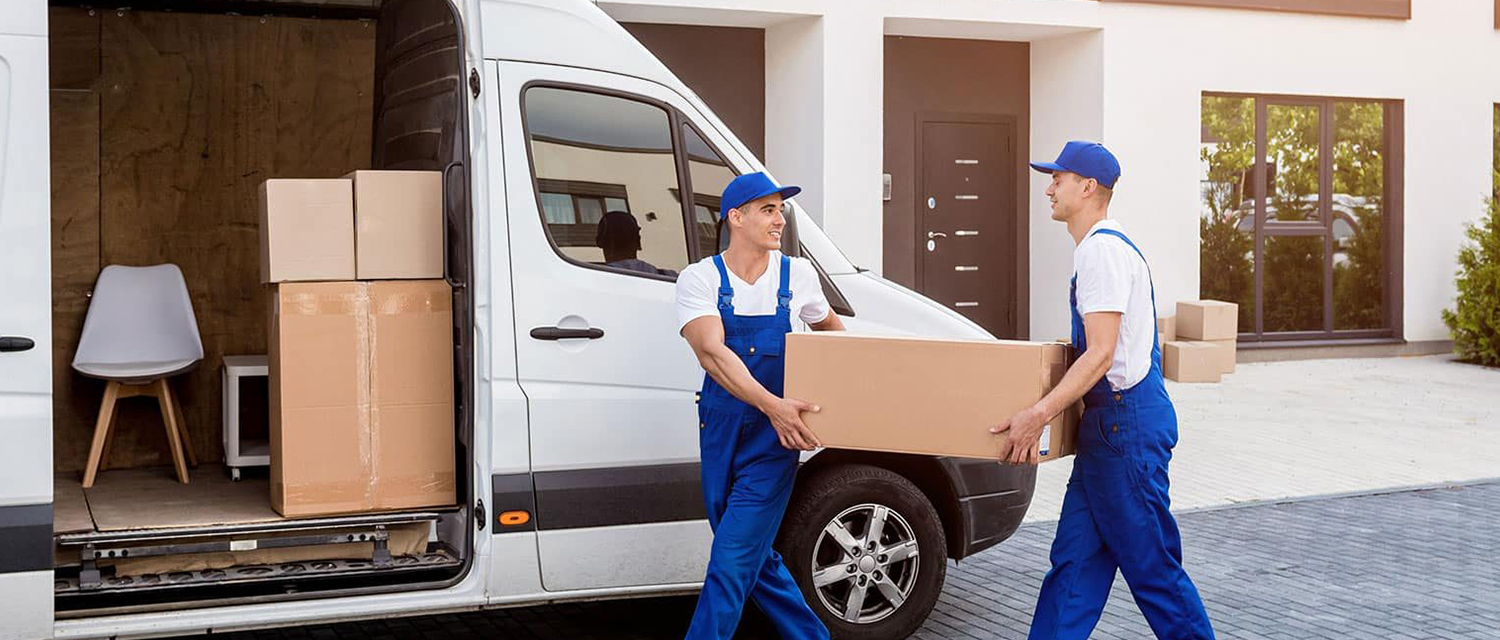
Table Of Content
- Introduction
- Community Resources in Brisbane
- Exploring the Average Salary in Brisbane
- Insights into Housing and Rent
- Essential Budgeting Tips for Moving to Brisbane
- Final Thoughts on the Cost of Living In Brisbane
Average Cost of Living in Brisbane Australia - Overview of Living Expenses
Getting settled in a new city is exciting, but it's vital to consider the everyday costs. Brisbane, the capital city of Queensland, Australia, is a buzzing hub that draws visitors from all over the world. It's important to understand Brisbane's financial side before you move. Brisbane offers diverse living, but it's important to budget. Before you start packing your bags, it's smart to look into how much it costs to live in Brisbane. If you're planning your move, professional Removalists Brisbane can make the transition smoother and hassle-free. Read this blog to learn about the cost of living in Brisbane, Australia.
Community Resources in Brisbane
- Community Centers: Provide various services and facilities.
- Free Events: Enjoy festivals and concerts at no or low cost.
- Assistance Programs: Aid with food, housing, healthcare, and finances.
- Public Libraries: Offer books, computers, and educational programs.
- Recreational Facilities: Access parks and playgrounds for free activities.
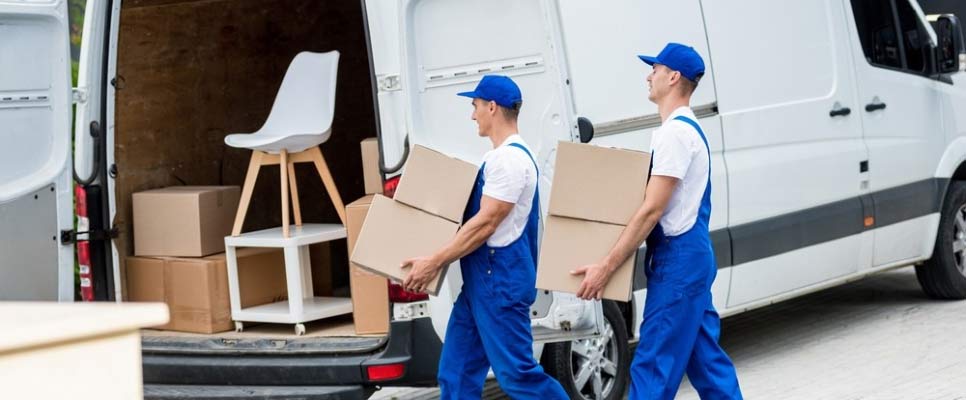
Exploring the Average Salary in Brisbane
According to Brisbane's net salary after taxes, a person earns $75,382 on average each year, slightly less than living in Sydney or Melbourne. This balance, however, makes Brisbane an attractive option for those seeking a lower cost of living with competitive salaries since housing, transportation, and groceries are relatively cheaper.
Insights into Housing and Rent
The largest expense in monthly budgets is your home, which has a significant impact on your monthly budget. It is essential to understand these average living expenses in Brisbane to manage finances effectively. Whether you live in an urban or suburban environment, the location you choose influences how much you will spend each month. Here are some general averages to provide an approximate estimate.
Accommodation Types and Average Costs in Brisbane:
- Rent for 1-bedroom inner-city Brisbane apartment: $1,858.22/month
- Rent for 3-bedroom inner-city Brisbane apartment: $3,080.36/month
- Rent for 1-bedroom suburban/regional Brisbane apartment: $1,327.30/month
- Rent for 3-bedroom suburban/regional Brisbane apartment: $2,060.27/month
Cost of Buying an Apartment in Brisbane:
- Brisbane CBD: $8,124.24
- Suburban/Regional: $5,232.63
Location Considerations:
- Brisbane CBD offers high-density living with higher costs, especially for 1 and 2-bedroom apartments.
- Suburban areas provide more affordable options, with varying prices based on proximity to the city centre.
- Inner-city suburbs offer a balance between convenience and affordability.
- Brisbane's outer rim boasts diverse ecosystems, offering a wide range of lifestyle and recreation opportunities.
- Queensland's tropical climate adds to Brisbane's appeal, with a mix of green spaces and urban development.
- Many neighbourhoods undergo renewal projects and beautification, enhancing livability and aesthetics.
Average Utilities Cost Brisbane:
- Average monthly spending: $173.69 for an 85m2 apartment.
- Higher costs during hot summer months, especially for cooling.
- Many households utilize solar power to reduce electricity expenses.
Transportation Options and Costs:
Transportation options in Brisbane offer a variety of choices for both public and private travel. Brisbane offers diverse transportation options, each with unique costs:
Cost of Public Transport in Brisbane:
- Go Card provides prepaid access to trains, buses, ferries, city cats, and the upcoming cross-river light rail.
- Fares vary by distance and concession eligibility.
- Discounts for frequent travellers; 50% off for over eight trips weekly.
- Subsidies for specially-abled and student travellers.
Private Transport Cost:
- One Way Ticket: Private transport costs $5.00.
- Petrol: Average price is $1.84 per litre.
- Insurance: Annual expense is $5,105.
- Registration: $773.55 per year for four-cylinder vehicles.
- Annual Service: Average cost is $408.40.

Additional Options:
- Electric Scooters and Bikes: Inner-city areas offer electric scooters and bikes for hire, providing convenient and eco-friendly transportation options.
- Bike Routes: Brisbane is actively improving its network of bike paths, making cycling a viable option for commuting within the city and its suburbs.
With these various transportation options available, residents and visitors alike can choose the most suitable mode of travel based on their preferences, convenience, and budget.
Grocery Budgeting
For a single person living in Brisbane, budgeting for groceries is essential. Here's an approximate list of common grocery items and their average costs.
Common Grocery Items:
- White Bread (500 g): $2.94
- Eggs (12): $4.69
- Milk (1 L): $1.68
- White Rice (1 kg): $2.94
- Chicken Breasts (1 kg): $11.57
- Round Beef (1 kg): $19.48
- Local Cheese (1 kg): $10.16
- Potatoes (1 kg): $3.41
- Lettuce (1 unit): $2.68
- Tomatoes (1 kg): $5.27
- Apples (1 kg): $4.59
- Oranges (1 kg): $4.15
- Bananas (1 kg): $3.86
Monthly Grocery Budget:
For a single person, a basic grocery budget averages around $170 per month, but can vary based on individual preferences and lifestyle. Additional expenses for personal care items and household cleaning products should be considered.
Dining Out Cost:
Brisbane has a wide range of places to eat, from small laneway spots to bustling street food events, cozy cafes, and fancy restaurants. The city has something for everyone, regardless of your budget or food preference. Let's look at what you might expect for dining out.
Average Meal Costs:
- Breakfast at a Cafe: $16 per person (coffee not included)
- Lunch: $21 per meal
- Dinner: $26 per meal
Average Dining Expenses:
- Inexpensive Restaurant (per person): $41
- Mid-Range Restaurant (3-course meal for 2 people): $102
- McDonald's Combo Meal: $14.29
- Domestic Beer (500 ml draught):
- From licensed venue: $8.17
- From liquor store: $5.75
- Imported Beer (0.33 L bottle):
- From licensed venue: $20.42
- From liquor store: $7.20
- Bottle of Wine (mid-range): $18.83 (from liquor store)
- Soft drink (0.33 L bottle): $3.70
- Water (0.33 L bottle): $2.70 (from retail seller)
- Cappuccino (regular): $4.75
Using these figures, residents and visitors can plan their culinary experiences according to their preferences and budgets, providing an overview of Brisbane's dining landscape.
Fashion Essentials and Costs in Brisbane:
Brisbane's fashion caters to its varied lifestyle needs and weather conditions, offering a diverse range of styles for residents.
- Running Shoes (Nike or comparable): $145.30
- Men's Leather Shoes: $164.93
- Jeans (1 pair Levis 501 or comparable): $103.54
- Summer Dress (from a chain store): $62.08
Budget-Friendly Entertainment in Brisbane:
In Brisbane, entertainment options vary widely and can suit any taste. These prices give you an idea of what to expect when planning entertainment in Brisbane.
- Movies: Tickets range from $15 to $20, with independent cinemas often cheaper.
- Nightlife: Nightclub cover charges are around $15 to $20, while many pubs offer free entry.
- Live Music: Enjoy local bands for about $60 at larger venues or less at smaller ones.
- Sports Events: A-League soccer tickets range from $25 to $42 for adults.
- Arts and Culture: Tickets for classical music, opera, or ballet can cost $90 to $150 or more.
Health and Fitness Costs in Brisbane:
In Brisbane, maintaining your health and fitness involves these typical expenses:
Gym Membership:
- For one adult: $55-$60 per month (with possible student discounts).
- Some fitness clubs may charge around $69.62 per month.
Tennis Court Hire:
- Average cost: $19.55 per hour.
Childcare and Education Expenses in Queensland:
Childcare:
- Average daily cost: $108.62 per child, before subsidies.
- Discounts may be available for families with multiple children enrolled.
Primary and Secondary School:
- State schools are tuition-free.
- Additional expenses may include fees for extracurricular activities and resources.
Private Schools:
- Costs vary based on the location and facilities of the school.
- Contact local private schools for detailed pricing information.
Accommodation Expenses for University Students in Brisbane:
- Share House Room (2-bedroom, inner-city): Average: $227.44/week.
- Homestay with Full Board: Weekly: $350.
- Homestay Accommodation Only: Range: $200 - $250/week.
- On-site University Residential College: Range: $485 - $645/week.
Choosing affordable accommodation near your university is essential for managing expenses while creating a conducive study environment.
Essential Budgeting Tips for Moving to Brisbane
- Create a detailed budget plan.
- Track all expenses meticulously.
- Differentiate between needs and wants.
- Set realistic financial goals.
- Regularly review and adjust your budget.
Final Thoughts on the Cost of Living In Brisbane
Consider and manage the costs of living in Brisbane, including accommodation, transportation, groceries, entertainment, education, and moving essentials. You can take an expert’s advice for detailed information before moving to Brisbane. Make informed decisions for a smooth transition and successful start in the city.
Additionally, to facilitate your move, you can search for top-rated and reviewed removalists on ServiceTasker️. We offer a convenient way to find reputable removalists who can assist with your relocation needs, ensuring a hassle-free experience. Best wishes for your journey ahead!
